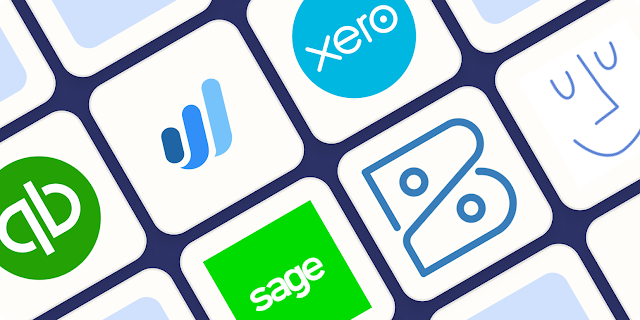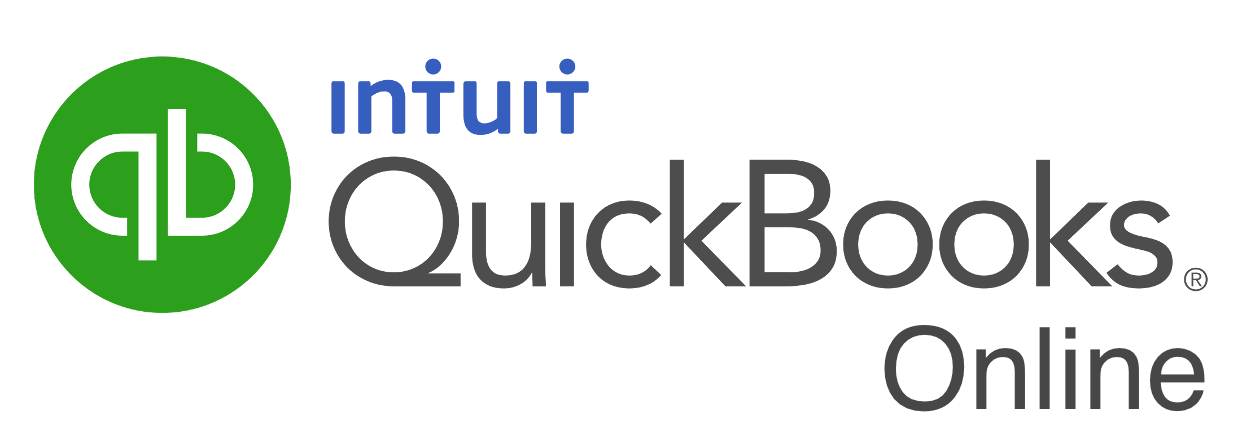Can I run QuickBooks on a cloud server?
Depending on the package you select, purchasing QuickBooks Online for Small Businesses can range from $13 to $40 monthly. You must first pay for your Quickbooks licence and the resources needed to host it in the cloud. In other words, you only pay for what you need at the time. According to this, you pay for the RAM, storage space, and bandwidth your cloud server needs to operate the QuickBooks application and any additional customisations. Liken it to a bill for power. You're account increases if you consume more electricity in a given month. Your cost will be reduced the next month if you use less.
If you've used QuickBooks for some time, you're probably used to using the same capabilities to manage and pay your bills, produce invoices, make purchase orders, and even track your inventory. That won't alter if you switch to a hosted QuickBooks solution. You won't need to learn new skills to cope with services that QuickBooks Online doesn't provide or learn new ways to use different features. A new interface won't require importing your files from your current account. Nothing is altered. The functions you currently use in your desktop version will function precisely the same in your remote desktop's QuickBooks hosting!
You want to ensure you can access technical assistance whenever you need it when you buy new software, even after business hours. You can contact QuickBooks Online for technical support, but only Monday through Friday from 9:00 a.m. to 9:00 p.m. QuickBooks does, however, provide a 24/7 online FAQ that you can consult. You can access technical help for your infrastructure by phone, email, or chat when you host your solution in the cloud. You don't need to move a muscle with Managed Services, which some companies offer. The host is in charge of things like technical support and security upgrades.
One of its benefits is the ability to access a QuickBooks hosting service from any location, at any time, and on any device. This implies that your accountant can print checks or financial statements on a Saturday morning without setting foot in the office. Up to 30 users can simultaneously access the application and work on the same document! With QuickBooks Online, that's not nearly the case. One user at a time can access the basic plan. You'll need to upgrade to a more sophisticated method to give access to more people. Additionally, more features entail a more significant monthly fee. By hosting QuickBooks on the cloud, you can manage who has access to sensitive documents or files.
You rely on QuickBooks to handle routine accounting tasks like tracking and paying bills, processing payroll, and generating and issuing purchase orders, as we described previously. You might be shocked to hear that QuickBooks Online and the Enterprise edition differ significantly. Does your company need to monitor and manage inventory and track foreign sales and expenses in different currencies? These capabilities are separate from QuickBooks Online's entry-level package. However, all of these capabilities are included if you choose Hosted QuickBooks. The topic of hosting QuickBooks with a cloud provider has come up frequently. You must set up a Remote Desktop solution to run QuickBooks cloud hosting. Your small business can make significant time and financial savings using Remote Desktop Services (RDS). Because your IT staff only needs to instal and configure it once on an RDS server, it is simpler to set up and manage. The remote desktop server handles all application processing, ensuring optimum speed.


Comments
Post a Comment